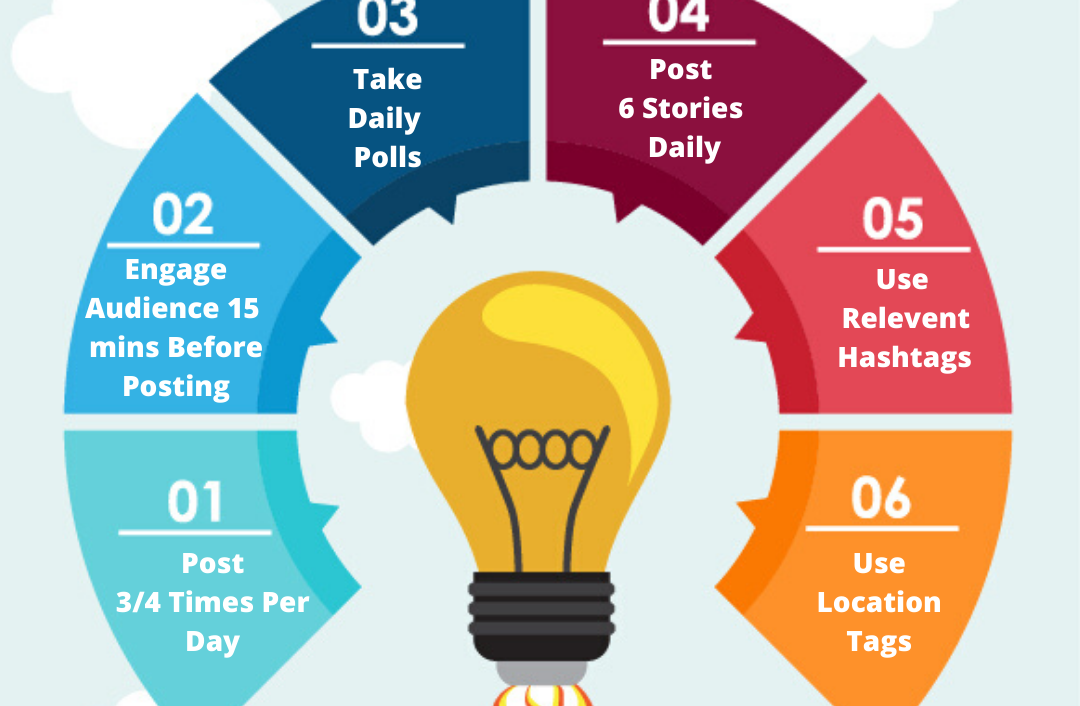Neuromarketing: Delving into Consumer Behavior through Neuroscience
Neuromarketing, an amalgamation of neuroscience and marketing, ventures into the realm of consumer behavior by delving into the neural underpinnings that influence purchasing decisions. By harnessing advanced neuroimaging techniques, such as functional magnetic resonance imaging (fMRI) and electroencephalography (EEG), neuromarketing endeavors to decipher the brain’s intricate responses to marketing stimuli. This field’s ultimate aim is to unveil the neural mechanisms underlying consumer preferences, emotions, and decision-making processes, thereby empowering marketers with profound insights to craft more impactful and compelling marketing campaigns.
Unraveling the Neural Enigma of Consumer Behavior
Neuromarketing’s distinctive approach to understanding consumer behavior unveils the intricate interplay between neural processes and marketing stimuli. By capturing and deciphering brain activity patterns, researchers can pinpoint the specific neural networks and brain regions that respond to advertisements, brand logos, product packaging, and pricing strategies. This enables marketers to discern which aspects of their marketing efforts effectively stimulate the brain’s reward centers, emotional centers, and decision-making centers.
Applications of Neuromarketing: A Paradigm Shift in Marketing Strategies
The revelations gleaned from neuromarketing studies have ignited a paradigm shift in the realm of marketing strategies. Marketers can craft more targeted and persuasive messages by harnessing the knowledge of consumers’ neural responses to various stimuli. This newfound understanding empowers them to fine-tune their marketing efforts to resonate deeply with consumers’ emotions, motivations, and cognitive processes, ultimately increasing the effectiveness of their campaigns.
Ethical Considerations in Neuromarketing: Striking a Delicate Balance
The burgeoning field of neuromarketing also raises pertinent ethical concerns, underscoring the need for responsible and ethical practices. Ensuring informed consent, protecting consumer privacy, and preventing the exploitation of vulnerable individuals are paramount considerations that necessitate ongoing dialogue and regulatory frameworks to safeguard consumer rights and well-being.
In conclusion, neuromarketing offers a transformative lens through which marketing professionals can understand consumer behavior by deciphering the neural processes underlying purchase decisions. This burgeoning field holds immense promise for revolutionizing marketing strategies, enabling businesses to craft more effective and compelling campaigns. However, careful attention to ethical considerations is imperative to ensure responsible and ethical practices, fostering a balance between scientific advancement and the protection of consumer interests.








